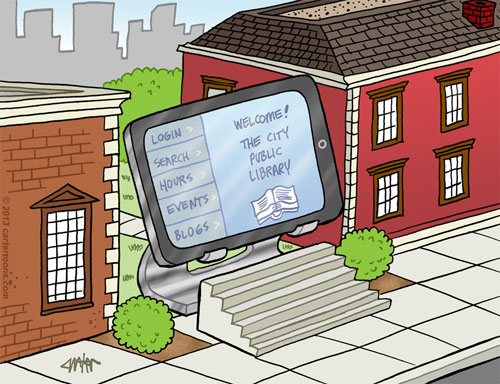Hello everyone,
To help me determine whether or not you have understood our lesson on Workplace Safety in Canada please complete the following activities. Please remember to ANSWER IN COMPLETE SENTENCES.
Activity 1
Watch this video and write a summary of the video in 1 paragraph which includes the 5 points below. I'm looking for what connection you can make between the video and what you've learned about your rights and responsibilities in terms of safety as a worker in Canada.
1) What the incident that occurred was
2) What Clera did wrong (regarding working a new machine)
To help me determine whether or not you have understood our lesson on Workplace Safety in Canada please complete the following activities. Please remember to ANSWER IN COMPLETE SENTENCES.
Activity 1
Watch this video and write a summary of the video in 1 paragraph which includes the 5 points below. I'm looking for what connection you can make between the video and what you've learned about your rights and responsibilities in terms of safety as a worker in Canada.
1) What the incident that occurred was
2) What Clera did wrong (regarding working a new machine)
3) What Clera should have
done
4) Your rights and responsibility for safe work in Canada
5) How the video made you feel overall
4) Your rights and responsibility for safe work in Canada
5) How the video made you feel overall
This video is about the
story of work safety. It made me feel sorry about the lady who was injured when
she was working with a new machine. Firstly, she didn’t have enough training
regarding working a new machine before she enrolled into the work. Secondly, she
was afraid of losing job if she rejected the work. Thirdly, she didn’t
understand the right and responsibility and she didn’t know how safety was
important in Canada. Because of those reasons, it turned out that she had serious
injury and she had to leave the job. In the workplace of Canada, you have right
to reject the dangerous work without losing a job. You also have responsibility to report to the supervisor if there were any problems during the work. This lady
was lack of knowledge about her working rights and responsibilities that cause her oblivious to work safety.
Activity 2
Watch this video and answer the following questions:
1) Does the worker know that there are hazardous materials around him - Yes/No?
yes, the worker know that there are hazardous materials around him and that 's why he asks the boss for safety cabinet.
2) What category does the hazardous material fall under?
The hazardous material fall under flammable and combustible material category.
3) Using this image (click here), what are some basic handling procedures for the category you chose in question 2.
- keep away from heat, combustible materials and oxidizing materials
-do not smoke
-keep container dry and cool
-store in a designated fire-proof area
3) Was it wrong for the boss to rip up the employee's suggestion to get safety cabinets? Why or why not?
The boss made a wrong decision. The hazardous material fell and cause fire. Due to the exposure of other hazardous material, the fire caused the explosion.
4) How did the employee make his workplace a safer place to work?
He requested the safety cabinet to story the hazardous materials. Therefore, when the incident happened, the safety cabinet could keep hazardous materials away from the fire. Then, the emergent situation wouldn't get worse.


Watch this video and answer the following questions:
1) Does the worker know that there are hazardous materials around him - Yes/No?
yes, the worker know that there are hazardous materials around him and that 's why he asks the boss for safety cabinet.
2) What category does the hazardous material fall under?
The hazardous material fall under flammable and combustible material category.
3) Using this image (click here), what are some basic handling procedures for the category you chose in question 2.
- keep away from heat, combustible materials and oxidizing materials
-do not smoke
-keep container dry and cool
-store in a designated fire-proof area
3) Was it wrong for the boss to rip up the employee's suggestion to get safety cabinets? Why or why not?
The boss made a wrong decision. The hazardous material fell and cause fire. Due to the exposure of other hazardous material, the fire caused the explosion.
4) How did the employee make his workplace a safer place to work?
He requested the safety cabinet to story the hazardous materials. Therefore, when the incident happened, the safety cabinet could keep hazardous materials away from the fire. Then, the emergent situation wouldn't get worse.


